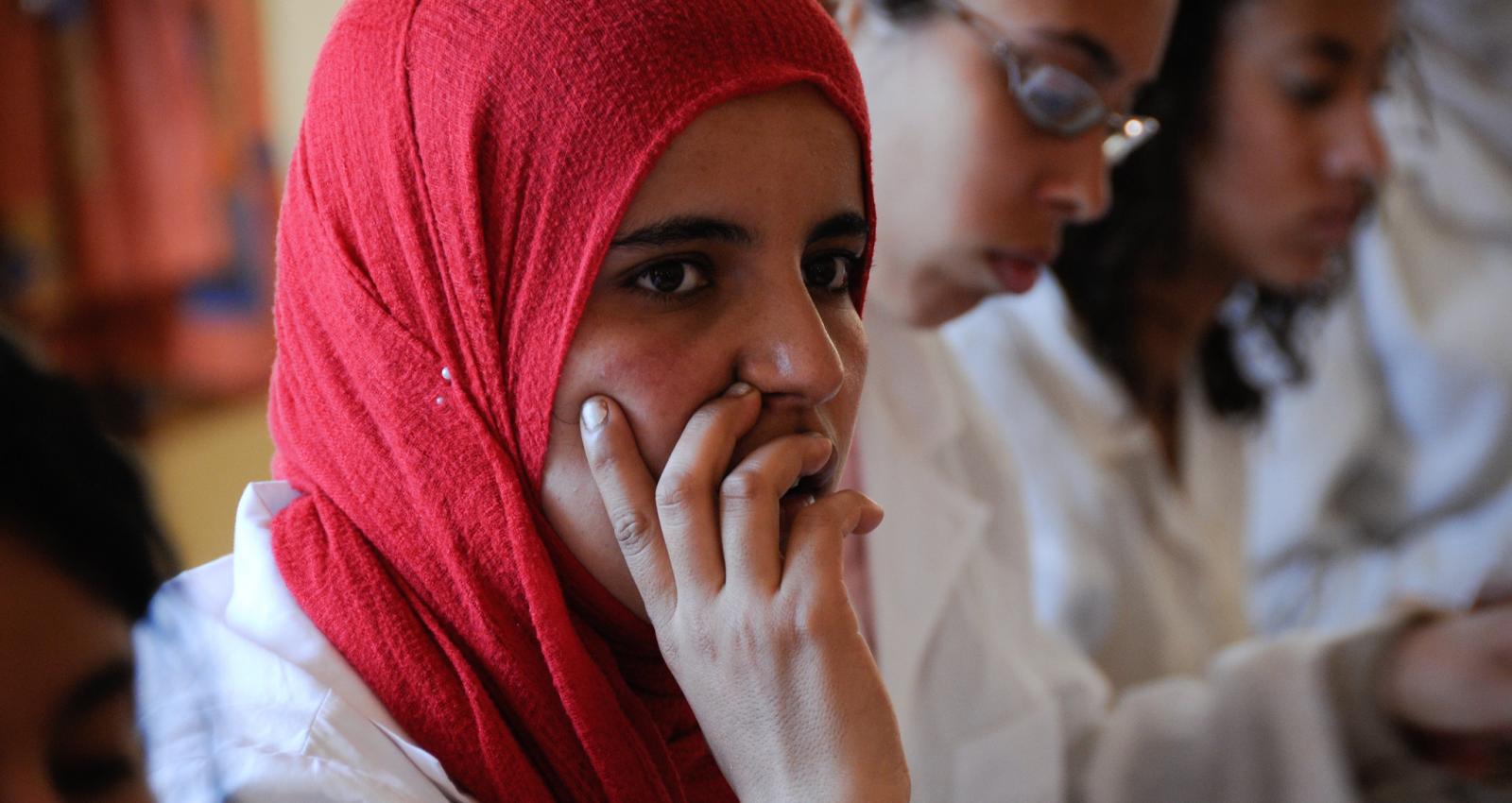Evaluation for a More Equitable Society
What role has evaluation played in the pursuit of the Millennium Development Goals and what can it add to the post-2015 development agenda?
What role has evaluation played in the pursuit of the Millennium Development Goals and what can it add to the post-2015 development agenda?
By: Caroline Heider
Fifteen years ago, the global community came together and, in the form of the Millennium Development Goals, made some big commitments to fight poverty, setting a target date of 2015 for their completion. Now, 15 years later, we are seeing celebrations of success, recognition of shortfalls, and renewed efforts to galvanize global commitments around the shared goals of eradicating extreme poverty and boosting shared prosperity. It is, in short, the pursuit of a more equitable society.
During this period, evaluation as a profession has also developed enormously. Thinking back 25 years to when I first started as an evaluator, I’m struck by the changes that have occurred.
Evaluation used to be donor driven. Today partner countries around the world have a much greater interest in evaluation, whether within their countries or in the boards of multilateral organizations. New methods have been developed, tested and battled over. Hopefully, we have come to a point of agreement that we need all evaluation methods and more in our toolkit. And, yes, within each of our contexts we have our own stories of success where an evaluation of ours influenced change and made a difference.
But what contribution have we made in helping to achieve the MDGs? Did evaluation evidence help accelerate success and stop mistakes from being repeated? Hard to tell.
Looking ahead, what will the next 15 years bring?
The world faces complex challenges, each by itself daunting, together deeply troubling:
Under these circumstances, realizing the ambition of an equitable society will be extremely challenging.
Will we, as evaluators, be able to say more about our contributions to achieving the sustainable development goals by 2030? What will the world of evaluation look like in the future?
First, partner countries will be doing more evaluations themselves. They will move from evaluating aid programs to taking a more holistic view of development, looking at domestic resources, investments, transfers, trade, and aid moneys together. This will enhance ownership and allow for an examination of how all of these flows interact, contribute to progress or reverse trends. Our challenge as a global evaluation community is twofold: we need mechanisms that will safeguard the independence of evaluation systems and we need to agree on standards that will result in professionalization. Second, the complexity of the challenges and the solutions development partners are looking for mean we have to constantly sharpen and update our evaluation methods. Our work needs to contribute to a better understanding of the distribution effects of interventions and respond to shifts that are taking place in the development context, in particular:
Third, we will have to swallow a bit of our own medicine and plan for the influence we want to have by setting ourselves clear objectives. How can we best bring our evaluation evidence to bear and who do we want to influence with it? A results framework for evaluation is a necessary next step to becoming more strategic – not just with one evaluation, but with the function of evaluation more broadly. We must be willing to hold ourselves to the standards to which we hold others so that when we look back 15 years from now, we will be able to identify how we contributed to development efforts becoming more effective.

Comments
Add new comment